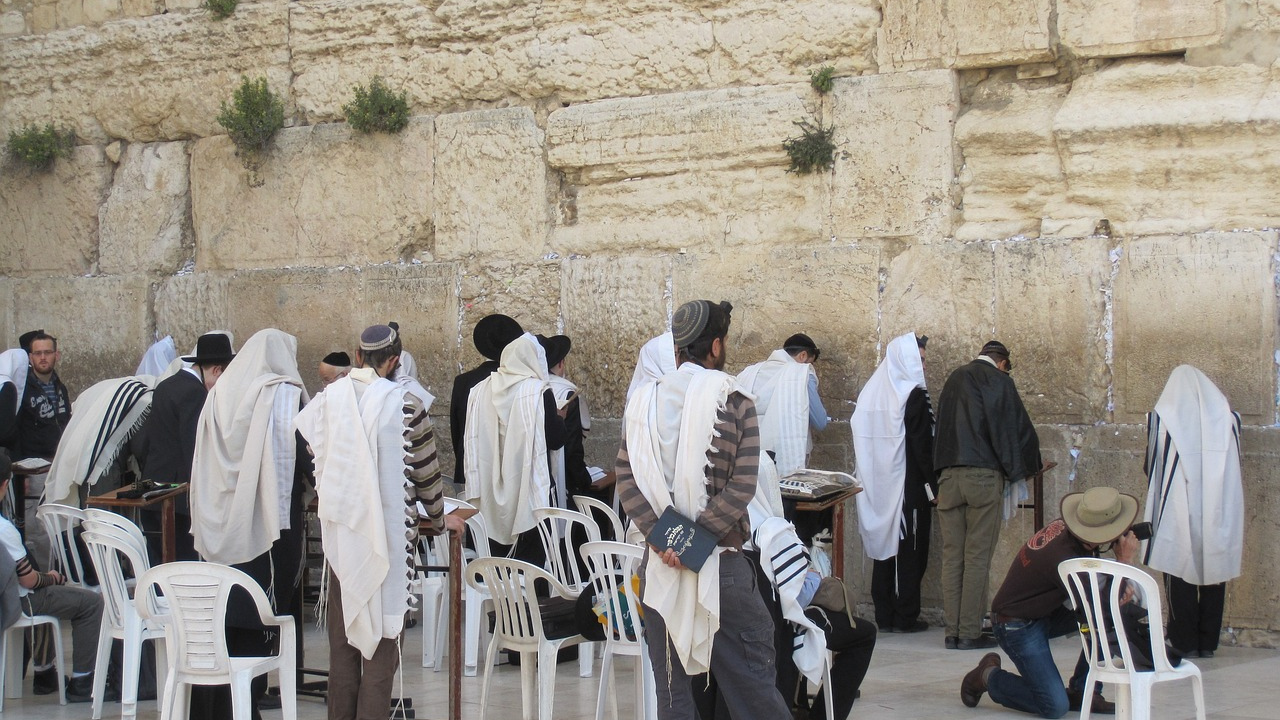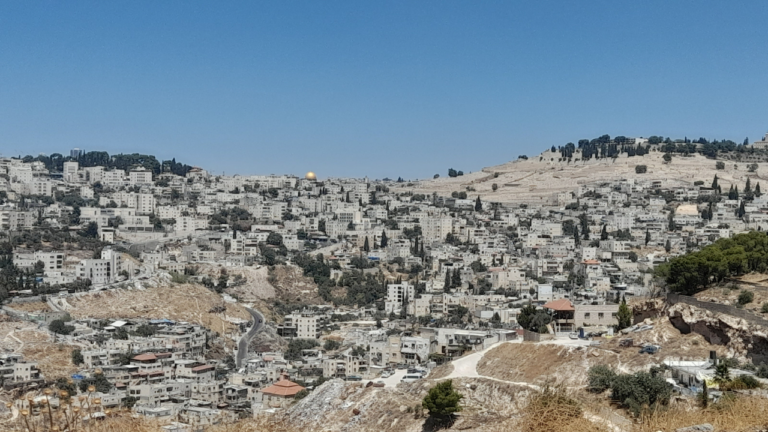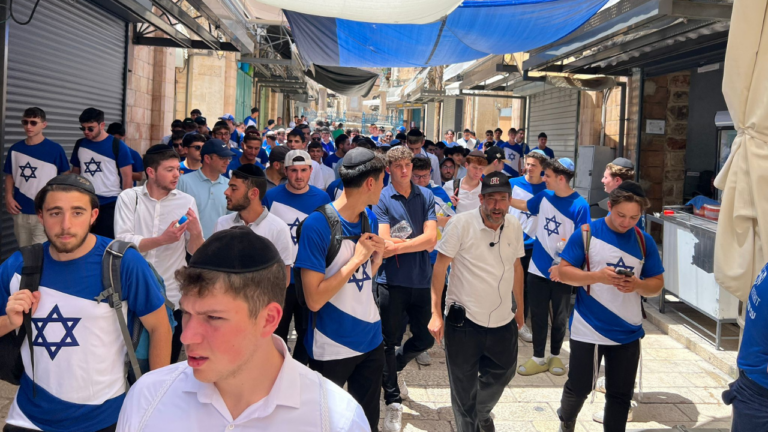Mikdash Melekh: the Unsung Theme of Lecha Dodi
On the eve of Shabbat, in practically every Jewish community in the world, a beautiful piyyut is recited as part of the text of kabbalat Shabbat. Although historically speaking Lecha Dodi entered our liturgy relatively late in the game, it is probably one of the most beloved and well-known parts of the siddur recited by all kinds of Jews. Written by the famed Torah scholar and kabbalist Rav Shlomo Alkabetz in 16th century Safed, the poem poignantly captures the emotions of the Jewish people lovingly and excitingly greeting the Shabbat Queen. But while we weekly have the privilege of singing and enjoying the magnificence of Lecha Dodi, there is a simple yet profound lesson hiding in plain sight that is often overlooked.
What is the theme of Lecha Dodi? Most of us would inevitably answer with immediate confidence, “Shabbat!” But of the nine stanzas that comprise the main body of the piyyut, only three directly reference Shabbat. The other six stanzas are surprisingly not addressed to Hashem, nor to the Shabbat Queen. They exclusively focus on a single theme: the redemption of Jerusalem. Mikdash Melech ir meluchah, the Sanctuary of the King, city of Royalty, Hitna’ari mei’afar kumi, shake off the dust arise! We call out to the city of Jerusalem and implore her to awaken; we confidently promise her that Hashem will once again redeem her and joyfully take her as His bride.
When taking into account where and when Rav Alkabetz wrote Lecha Dodi, a whole new layer of meaning is added. Rav Shlomo was living in the golden epoch of the city of Safed. A thriving Jewish community was rapidly growing in prosperity and peace. Safed was crowned with the splendor of Halacha and Kabbalah. The greatest Jewish scholars of the generation had gathered to study and master every area of the Torah; their teachings would come to dominate the Jewish world for centuries to this day.
But what about Jerusalem?! While Safed was experiencing her greatest era, Jerusalem was forlorn, a shadow of her true glory. The Jewish community of Jerusalem was small, poor, and weak. The city that once was the seat of the Sanhedrin of Israel now was secondary in Torah stature to its sister city in the north.
Lecha Dodi is Safed’s desperate call to her beloved sister. It is a demand that Jerusalem reclaim her rightful place as the center of the universe, as Hashem’s beloved bride. Rav Alkabetz was (and is) sending a powerful and clear message. We cannot enter into the spiritual bliss of Shabbat in triumphant Safed, enjoying the immense sanctity of the day of rest, without thinking about the downtrodden Jerusalem. As the Leviim sang by the rivers of Bavel (Tehillim 137), Im lo a’aleh et Yerushalyaim al rosh simchati. Specifically before entering into times of happiness and rejoicing, Jerusalem must be remembered.
This message is just as pertinent today as it was 500 years ago. Baruch Hashem, the Jewish people have experienced an incredible physical and spiritual revival in the last 75 years. Our return to Eretz Yisrael after thousands of years of exile, the exponential growth of communities both in the Diaspora and Israel, and the explosion of yeshivot and Torah study all over the world can only be described as miraculous. Yet, Jerusalem still lies in “the valley of tears”. Despite the exponential growth of the city, many Jews still fear to walk her ancient streets. Much of the old city stands bereft of Jerusalem’s children, silent from words of Torah and tefillah. And of course, Jerusalem’s crown jewel, our holy temple is sorely missed.
We are complacent, or even arrogant in our success, to the point where we forget that Hashem has a much larger plan in store. We must recognize that this world is a shadow of what it can be without Jerusalem’s redemption. We simply cannot enjoy the physical comfort or even spiritual success of our communities without desperately imploring Hashem to restore Jerusalem.
In the coming weeks, please join me as we together learn Torah focused on our holy city. Let us enter into Shabbat in our respective communities with thoughts of Jerusalem in our heart, ensuring that she is always at the forefront of our minds. May we merit to see her full restoration, speedily in our days.



